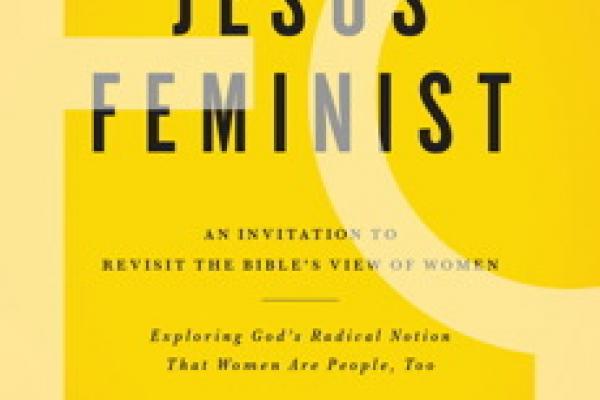Using a strong scriptural and historical foundation, self-described “happy-clappy Jesus lover” Sarah Bessey relates in her book, Jesus Feminist,how the church has responded “to the movement of the Spirit throughout the centuries, and [how] gender inequality is only one more example of justice seeking in progress.” Bessey tells of God’s redemptive love through the ages, and how women have served and are serving their homes, churches, communities, and the world at large to bring forth that love. The power of women coming together — or acting alone — for God is clear: Women, she writes, can move mountains, even if one stone at a time.
If a world devalues half its members, for every woman who moves a mountain, there will be another woman suffering. Bessey notes the disturbing fact that “Many of the seminal social issues of our time — poverty, lack of education, human trafficking, war and torture, domestic abuse — can track their way to our theology of, or beliefs about, women, which has its roots in what we believe about the nature, purposes, and character of God.” And with that sentence, conviction begins.
Read the Full Article

